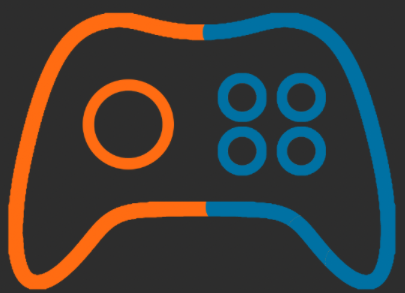The typical stereotype of gamers associated them as being unhealthy and lazy, but as technology progressed, and the demographic of gamers became more diverse, games began to incorporate exercise.
If you ever owned a Wii, pure nostalgia must hit you when you think about Wii Sports. This innovative game was simple, but effective, and had everything, from boxing and tennis to baseball and bowling. But it revolutionised gaming, allowing gamers to stand up and move around and giving them the chance to exercise in the most fun way possible. What made this even better was the fact it was free and came with the console!
Other more modern examples of exercise games are Just Dance, where you learn to dance to over 500 different songs, with many different styles. Another example is Superhot, where you can connect it with VR, and have to avoid being shot and collect your enemy’s guns. Pokémon Go, got many gamers outside in 2016, allowing them to explore new areas, increase their step-count and collect different Pokémon.
The majority of games are occasionally criticised for their negative effects on physical health, with sedentary screen time being blamed for causing high blood pressure, diabetes and obesity.
However, with the Wii Sports’ esteemed success, the term Exergamer was coined, where the player would have to move around to achieve certain goals, from the comfort of their own homes.
Related Articles:
Using games for physical exercise is popular amongst many players because it is more engaging. After all, it is more fun, and competitive and there is an opportunity to gain rewards, such as in-game cosmetics and skins.
In addition, many gamers would feel significantly more motivated to use this method for exercise because it keeps their mind off exertion and challenges their friends.
To begin with, this is massively beneficial for anyone who suffers from anxiety, where using a busy gym is a terrifying thought, and instead, they can comfortably exercise in a safe and comfortable environment.
One of the most significant benefits of becoming an Exergamer is the impact on the player’s physical health. The Games for Health Journal researched the cardiovascular effects on Exergamers with type-1 diabetes, which included measuring their heart rates, blood pressure and the efficiency of oxygen consumption.
The researchers took readings immediately after they played exercise games, followed by measurements after 30 minutes then 24 hours twice a week. The overall findings were that playing these games had a positive equivalence to running on a treadmill.
There is also a financial benefit to investing in exergames, where it only requires a one-time purchase, instead of a monthly gym membership, an hourly rate for a personal trainer or new equipment.
When Microsoft released the Xbox Kinect in 2009, it was revolutionary and was designed to combat the Wii remote. Unlike its competitors, it was not just a control that could track your wrist movements, it was an infrared camera which would capture any movement from your entire body, allowing endless possibilities for exergames.
It became a massive success when it was first released with over 29 million copies sold, 8 of that million were sold in just 60 days, earning it a Guinness World Record and the label of the fastest-selling device.
Despite its initial success, it failed 15 years later, because not enough investment was made into its exergames. The catalyst for this was Xbox’s self-hesitation, where they would not invest and connect it to their biggest franchise Halo. In turn, this resulted in other AAA not investing in it because of a lack of trust, and the gimmick of infrared cameras tracking body movement slowly passed. This was a crucial turning point in exergames and led to its downfall, and nowadays Nintendo continue to lead the way, it just isn’t as much of a priority for them.






